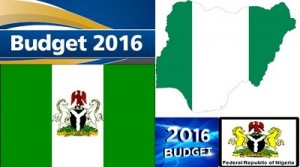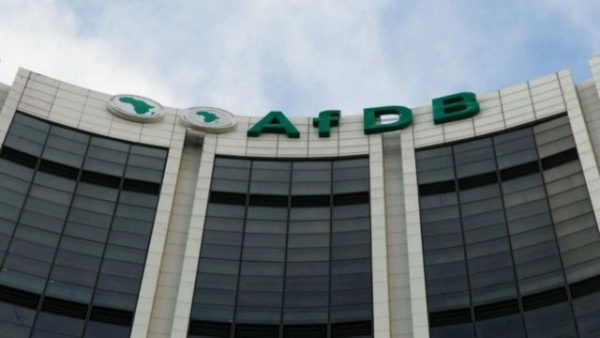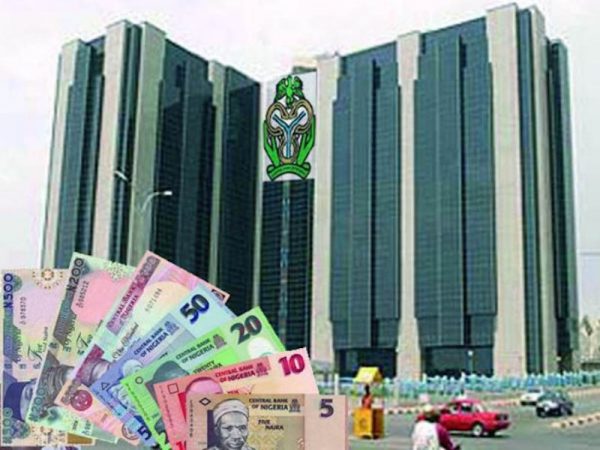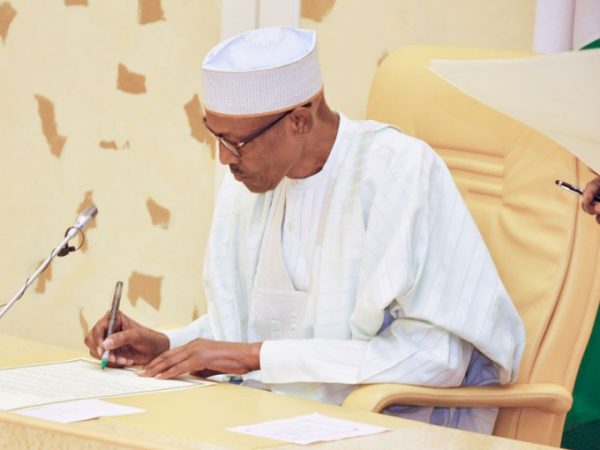Power, Defence, Transport Take Lion Share of Capital Releases from 2016 Budget
 The Ministry of Power has received the highest capital release of N209.246 billion (as of October 31, 2106) out of the total of N753.633 billion budgeted for 2016 capital projects for the ministries, departments and agencies (MDAs) of the federal government.
The Ministry of Power has received the highest capital release of N209.246 billion (as of October 31, 2106) out of the total of N753.633 billion budgeted for 2016 capital projects for the ministries, departments and agencies (MDAs) of the federal government.
Data exclusively obtained by THISDAY in Abuja showed that the Ministry of Defence came second in capital releases with N69.512billion, followed by Transport, N30,540,042,428; Agriculture, N29,578,929,050; Water Resources N25,201,857,951; Interior, N21,210,059,596; Health, N18,472,539,524; and Education, N16,743,672,981.
Others include Niger Delta, N8,161,196,486; Science and Technology, N6,681,349,721; Mines & Steel, N3,360,000,000; Petroleum, N2,413,847,044, and others, N312,511,048,789.
The federal government stated recently that it had so far spent N3.577 trillion out of N6.060 trillion budgeted for the 2016 fiscal year, which translates to 79 per cent performance of the prorated budget for the three quarters.
The Minister of Budget and National Planning, Udoma Udo Udoma, said in addition to the total of N2,439.9trillion so far released for capital, non-debt recurrent and service-wide vote expenditure, a total of N1,137.7 trillion had also been paid out in domestic and foreign debt service expenditures.
This includes N44 billion transferred to the sinking fund to retire maturing obligations on bonds issued to contractors. The national planning ministry further stated that budgeted personnel cost and debt service obligations had been fully met on schedule till date.
“Additionally, the federal government has done reasonably well in the challenging circumstances with respect to capital expenditures. It is noteworthy that the total amount of N753.6billion already released for capital expenditure in 2016 is the highest in the nation’s recent history, even in the era of high oil prices,” the Ministry of Budget and National Planning had stated.
The minister added that the capital that had been released to date exceed the aggregate capital expenditure budget for 2015 of N700billion, inclusive of capital expenditure in statutory transfers.
At an interactive session with members of the Senate Committee on Appropriation in Abuja recently, Udoma said in spite of the shortfall in revenue expectations, the federal government was committed to its debt obligations and had also made efforts in funding the critical sectors to enable government function smoothly, while seeking lasting solutions to revenue shortfalls.
The minister explained that although the 2016 budget was well conceived, with reasonably conservative benchmarks, it recorded unanticipated revenue shortfalls along the line due to militants’ activities in the oil-producing Niger Delta region, a development which seriously affected the budgeted production levels for the fiscal year.
He further explained that government adopted a targeted approach with respect to capital expenditure to ensure that releases are consistently made to those sectors whose activities have the capacity of driving economic growth and fostering job creation.
He said particular attention was focused on infrastructure, agriculture and other areas with high job creation potentials, saying that all the releases had been cash-backed.
THISDAY further gathered that the debt service, which has been implemented up 77 per cent as at September 16, 2016 covers domestic, external and transfer to sinking fund for maturing debts—-full year budget provision for debt service was N1,475.3trillion.
country’s revenue generation mechanism.
He however, stated that the state government would support the auditing and generation of statistics of the non oil revenue sector by RMAFC.
Leader of the commission’s delegation and Federal Commissioner, Sanya Omirin, said the team was in the state to conduct a wholistic auditing of the non-oil sector, verify mining companies with licenses, verify mining leases and confirm royalties that accrue from mining.
He added that the commission was working to bring all mining operators within the tax operations of the government for revenue generation .
He said the steps have become necessary because of the need to diversify the nation’s economy.







